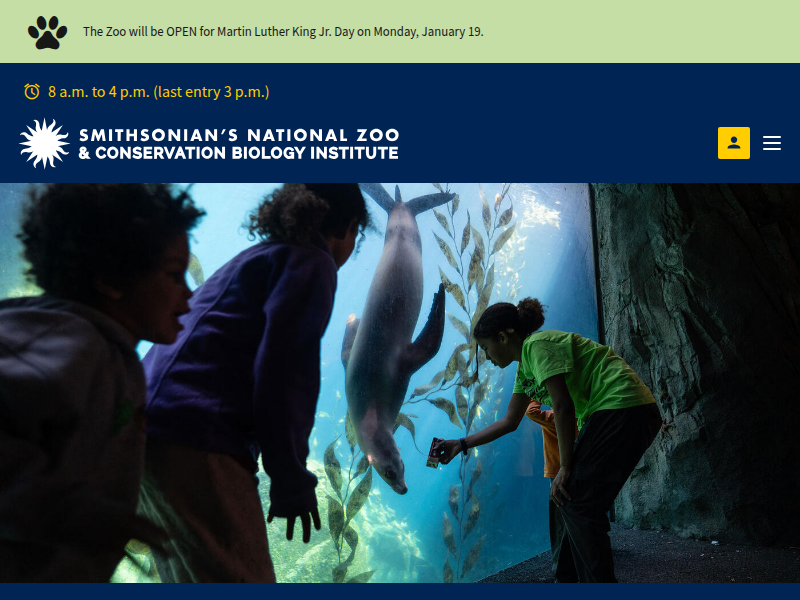Western lowland gorilla | Smithsonian’s National Zoo and Conservation Biology Institute https://nationalzoo.si.edu/animals/western-lowland-gorilla
Gorillas are the largest of the great apes, but the western lowland gorilla is the smallest of the subspecies. Native to the Congo Basin, the western lowland gorilla is a quiet, peaceful and nonaggressive animal threatened by disease and poaching.
Western lowland gorillas may have a more brownish coloration.

